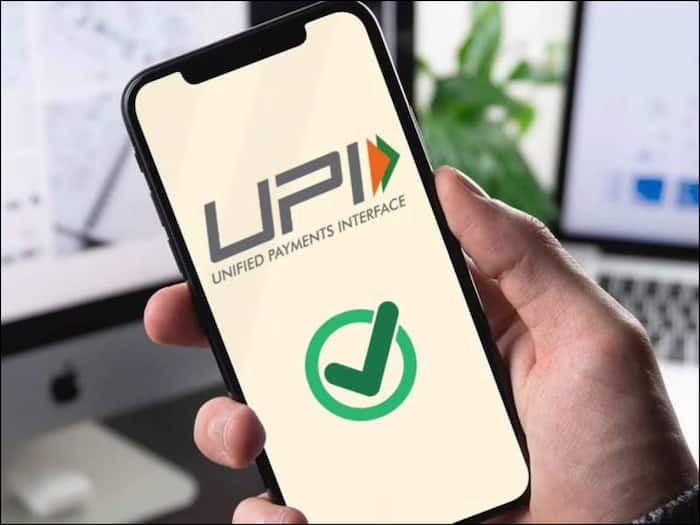
Written By Shubham Arora
Published By: Shubham Arora | Published: Aug 01, 2025, 10:07 AM (IST)

Starting today, UPI users across India will experience some important changes aimed at improving system efficiency and preventing overload. The National Payments Corporation of India (NPCI) has rolled out new rules that affect how often you can check balances, view bank accounts, and make auto-debit payments. If you use apps like Google Pay, Paytm, or PhonePe regularly, here are thnew changes you need to know. Also Read: Google Pay Launches Flex, A UPI-Based Digital Credit Card With Axis Bank: How It Works
From August 1, users will only be allowed to check their account balance 50 times per day on each UPI app. This includes manual balance checks done by the user but excludes automatic checks done in the background. NPCI has now restricted UPI apps from making background balance enquiries. To reduce the need for frequent checks, your updated balance will automatically appear on-screen after every successful transaction. Also Read: ChatGPT On UPI App? PhonePe Partners With OpenAI, Here's What Will Be Changed
You can now view your bank account details only 25 times a day. This includes instances when you select your bank to view linked accounts via your mobile number. If a request fails, the app cannot auto-retry without asking for your permission again. This new change will help reduce system traffic caused by repeated verification attempts. Also Read: Paytm Launches AI-Powered Travel App ‘Paytm Checkin’ To Book And Plan Everything
Auto-debit transactions like OTT subscriptions, EMIs, or other mandates through UPI will now be processed only during off-peak hours – either before 10:00 AM or after 9:30 PM. NPCI says this will reduce system congestion during the busiest hours of the day, typically between morning and evening.
Each auto-debit transaction will now get only one attempt and a maximum of three retries. This totals to four tries per mandate. The rule is intended to prevent repeated failed attempts from putting pressure on the UPI network.